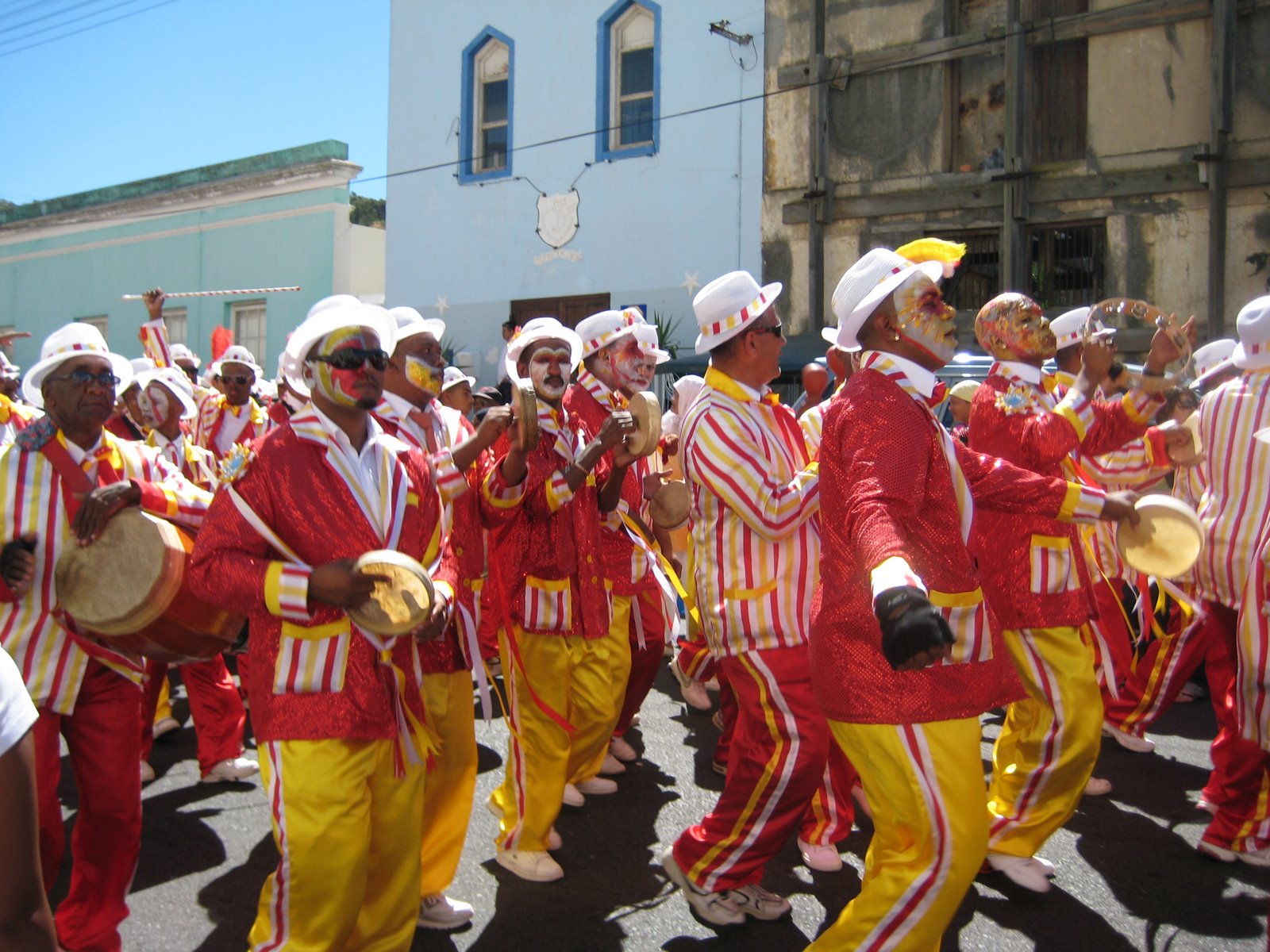The annual Cape Town minstrels parade has a role to play in the construction of a united society, Arts and Culture Minister Nathi Mthethwa said on Saturday.
“The minstrels have a significant role to play in the construction of a united, non-racial, non-sexist, democratic and prosperous society. The success of the project of nation building and social cohesion depends on you, the young generation,” he said at the parade in Cape Town.
The parade was held three weeks late. It is traditionally held on January 2, but this year it was postponed for religious reasons. It was rescheduled for January 5 but the date was also postponed for logistical reasons.
It could not be held on January 10 as the date coincided with the ANC’s 103rd birthday celebration at the Cape Town Stadium.
Mthethwa said the tweede nuwe jaar (second new year) street party has origins that reach back into the colonial era when slavery was rife.
“Local slaves – the ancestors of many of today’s Cape minstrels – had only one day a year when they would dare to relax and let loose: 2 January when their masters were sleeping off the debauchery of New Year’s parties the day before.
“Hence, this date took on great significance as an opportunity for revelry and wild self-expression, and was always marked with vibrant song and dance out in the streets.”
Mthethwa said the minstrel traditions embodied the heritage and culture of the people of the Western Cape and was part and parcel of South African heritage.
“It represents the lived identities of the people from the slave era by echoing the sorrows and emotions of a people who lived in bondage, but were freed in their culture,” the minister said.
“Our forebears have weathered the turbulent seas of colonialism, slavery, and apartheid and were never defeated by the many blows to their existence. The pride in their culture was never eroded.”
He said the minstrel legacy has through generations given hope and restored sense of belonging amongst the people.
“It is time to recall that rich heritage and use it to heal the soul of our people,” Mthethwa said.
“It is time to free our own minds and those of future generations by reclaiming our dignity and changing a culture of violence, neglect, depression and cultivate values that can provide a sound moral compass to our children.” SAPA






 WhatsApp us
WhatsApp us 


1 comment
From the Mishkāt al-Masābīḥ (“The Niche of the Lamps”) by Imām Walī al-Dīn Muhammad ibn Abdullah al-Khaṭīb al-Tabrīzī, translated from Arabic by al-Ḥaj Maulana Fazlul Karim, Volume III, Chapter XXXVIII, the Section called ‘Remembrance of Allāh’, Ḥadīth Number 40:
Anas reported that the Apostle of Allāh said: When you pass by the gardens of Paradise, enjoy (its fruits). They asked: And what are the gardens of Paradise? He said: The circles of dhikr.